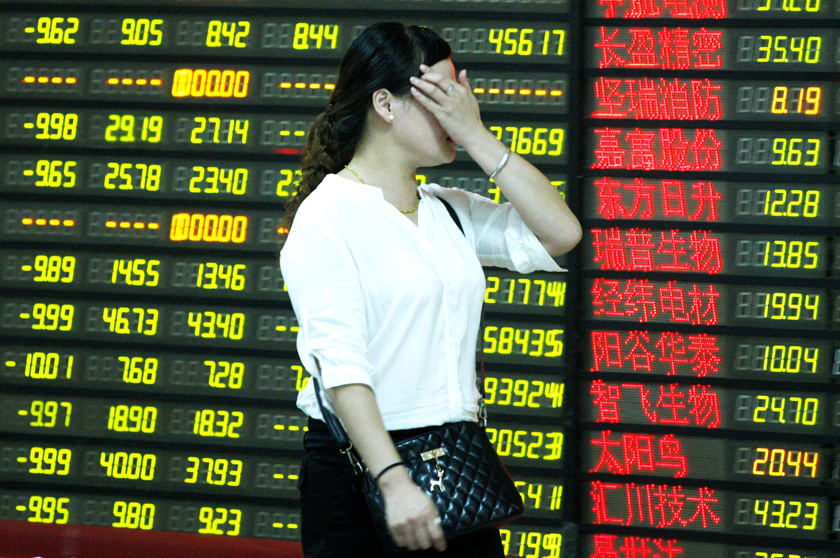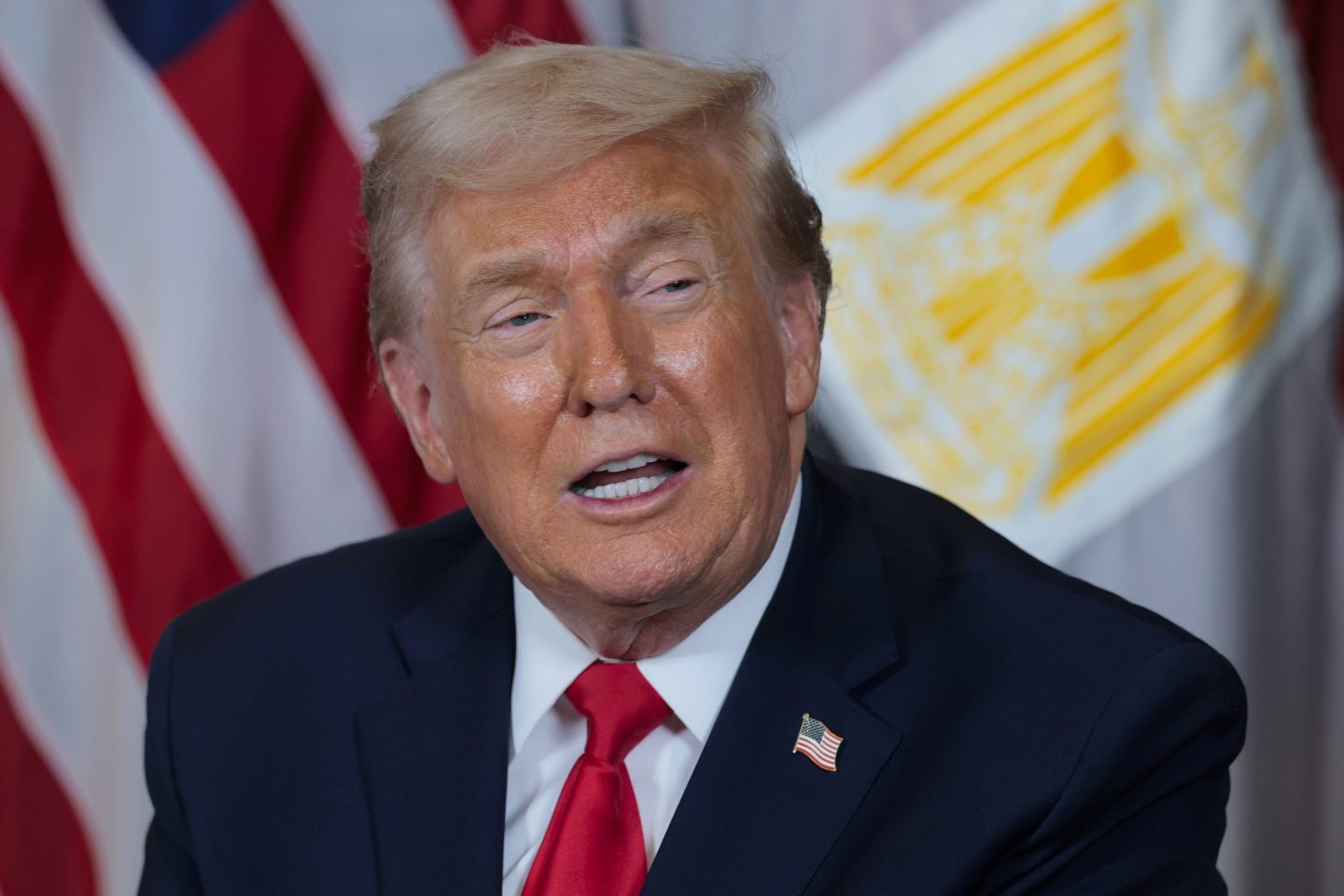Investors from Manila to Munich to Manhattan were aghast at the spectacle of market contagion during August’s global stock-price meltdown—all those markets and many more took a heavy hit. What’s an investor to do when a bursting bubble in China can wipe trillions of dollars from the value of assets on every continent?
It’s a good question, and it has an answer: Celebrate. Not that a plunge in net worth makes anyone want to raise a glass (a bottle, maybe). But the worldwide rout is evidence of an emerging financial order that is, on the whole, a good thing. Here’s how to think about it.
We increasingly live in one big capitalist world. Obviously some countries aren’t there yet, and a few don’t want to be. National economies don’t move in sync and probably never will. That’s not what matters most. What counts is that the world’s capital is more willing and able than ever to go anywhere, moving around the globe as comfortably as Carlos Ghosn or Beyoncé. A given investor’s mutual fund money at a given moment might plausibly be in any or all of the world’s stock markets.
The evidence is striking. Global foreign-exchange trading is around $5 trillion a day. Worldwide trading in goods and services is about 1% of that amount. In other words, all that money on the move is 1% trade, 99% finance—investors operating globally.
The result is that market contagion is no longer a concept that makes much sense. To say that stocks in London dropped because of contagion from the Shanghai market is like saying that stocks on Nasdaq fell because of contagion from the New York Stock Exchange. In one case the two exchanges are on opposite sides of the planet, while in the other case they’re separated by a 20-minute subway ride. But none of them are anyplace, really, except in a bunch of servers, receiving buy and sell orders from other computers around the world. It is, increasingly, one big system.
But hold on—China clearly had a stock bubble and bust, which clearly moved markets around the world. How is that not contagion? Well, maybe it is, but then “contagion” is just an alarming word for an ordinary phenomenon. Bubbles inflate in asset classes all the time, and the inevitable bust always has broader repercussions. A widespread fear now is that the global economy’s interconnectedness makes these classic patterns bigger and more dangerous. But the August crash, frightening though it was for a few days, wasn’t anything special. U.S. Markets fell further in 2011, and European markets did so in 2008. Even the Shanghai market rocketed higher and plunged deeper from June 2006 to October 2008.
In the one big system, markets aren’t any more or less rational than before. The madness of crowds still happens. Investing fashions come and go. Making markets bigger or smaller doesn’t make investors wiser. But a bigger system does bring in more participants with different perspectives, motivations, and information. They may behave like a crazed crowd for a while, but broad diversity can also bring steadiness. It’s worth noting that the August correction in U.S. Stocks—a drop of roughly 10% from recent highs—lasted all of three days.
A more global financial system certainly isn’t perfect, as we learned in the financial crisis, and it won’t banish bad times. But it brings more liquidity, more opportunity, better price discovery, and more economic efficiency. That’s progress. Why call it by a nasty name?
A version of this article appears in the September 15, 2015 issue of Coins2Day magazine with the headline “The new financial order.”













